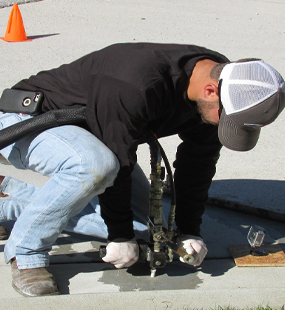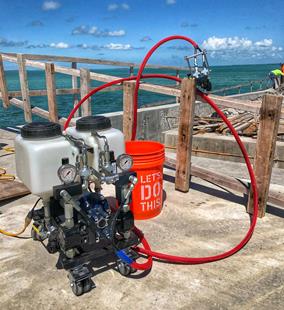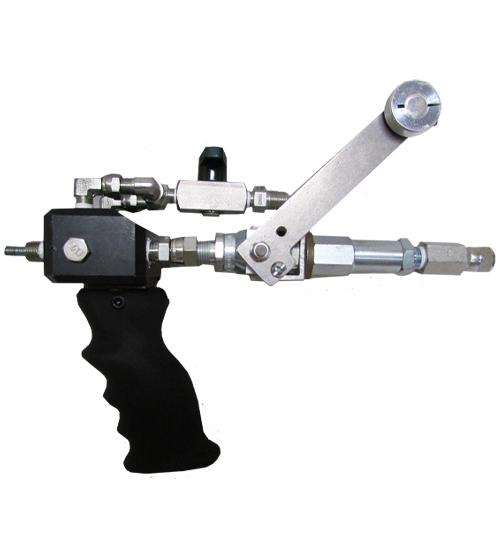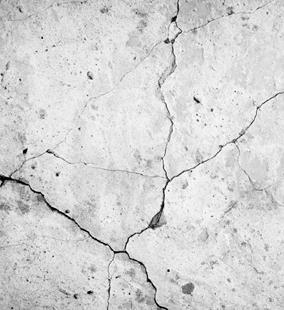
- Home
-
Solutions
-
Leak Seal
Seal leaks in concrete or masonry with crack injection and curtain grouting of our Prime Flex polyurethanes and AR acrylate resins. Prime Resins offers superior solutions for stopping leaks in every type of environment.
Read More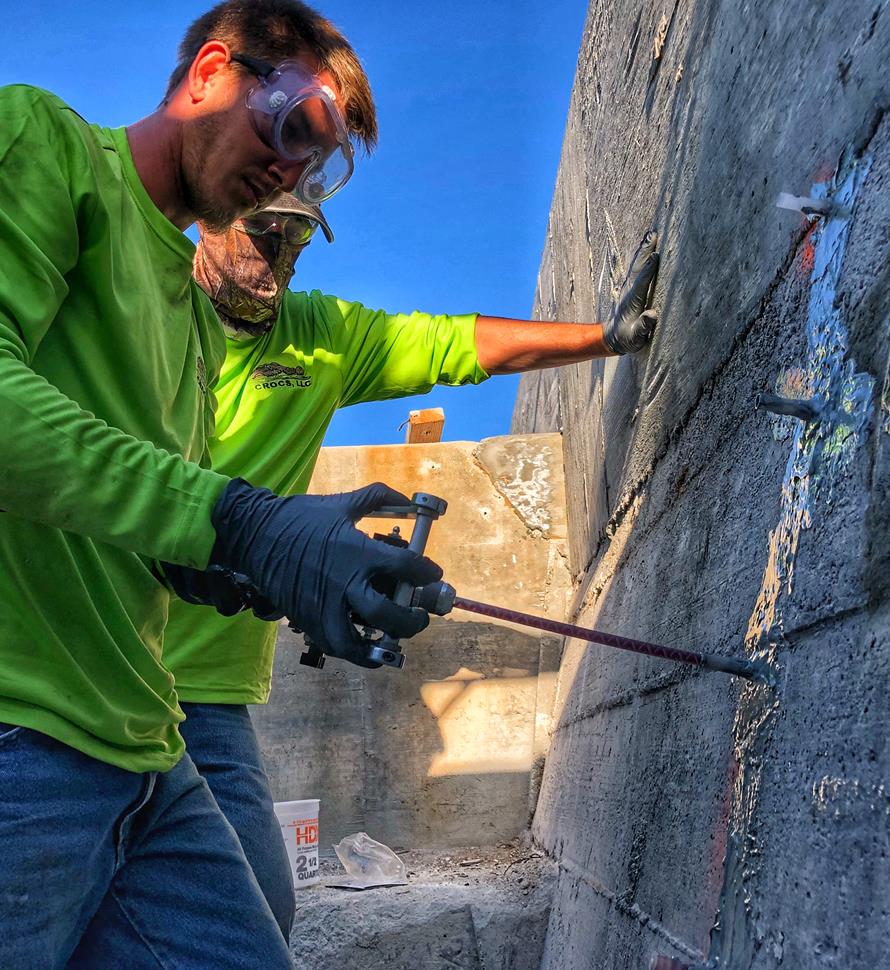
-
Soil Stabilization
Sound concrete relies on a sound substrate. Stabilize soils and fill voids with our polyurethane and acrylate foams and gels. We make chemical grouts for permeation and compaction grouting in wet and dry conditions.
Read More
-
Slab Lifting & Stabilization
Slab lifting and slab stabilization with polyurethane foams offers many advantages over traditional mudjacking. Only Precision Lift is engineered to tackle underlying issues and slab lifting with precise, dependable results.
Read More
-
Floor Repair & Joint Protection
Spalled concrete is concrete that is chipped, cracked and deteriorating. This often happens at a joint.
Read More
-
Seawall Repair
You can repair a seawall or bulkhead with Prime Resins chemical grouts: fill voids, stabilize loose soil and seal leaks at a fraction of the cost of wall replacement.
Read More
-
Structural Repair / Bonding & Anchoring
The need for crack repair in concrete structures can be caused by many different factors. Damage can occur to the concrete in situations where direct impact puts stress on one area of the structure.
Read More
-
Highway & Bridge
The geotechnical needs of DOTs and other agencies responsible for roads and bridges are vast. Issues include: Culvert repair Soil stabilization Void filling Concrete slab lifting Sinkhole remediation Slope control Slough control in tunneling
Read More
-
Waterproofing & Secondary Containment
Protecting concrete usually means shielding it from the elements of nature or from harsh manmade chemicals. But it’s not just concrete that needs such protection. Corrugated metal pipe, steel surfaces, material hoppers, rail cars and masonry all can come in contact with corrosive or abrasive materials or harsh conditions.
Read More
-
Leak Seal
-
Products
-
Leak Repair
- AR 800
- Conduit Seal Kit
- PR10L ACLM
- Soakum Oakum Kit
- Prime Flex 900 XLV
- Prime Flex 910
- Prime Flex 920
- Prime Flex 940
- Prime Flex 985 LX10
- Prime Flex 985 LX20
- Prime Flex 985 5.0
- Prime Flex 985 5.0 Fast
- Prime Flex Hydro Gel™ SX
- Prime Plug 1, 2 & 3
- PrimeCem MSM
- PrimeCem CAM
- PR10 ACLM (granular)
- Prime Flex Hydro Gel™ EXP
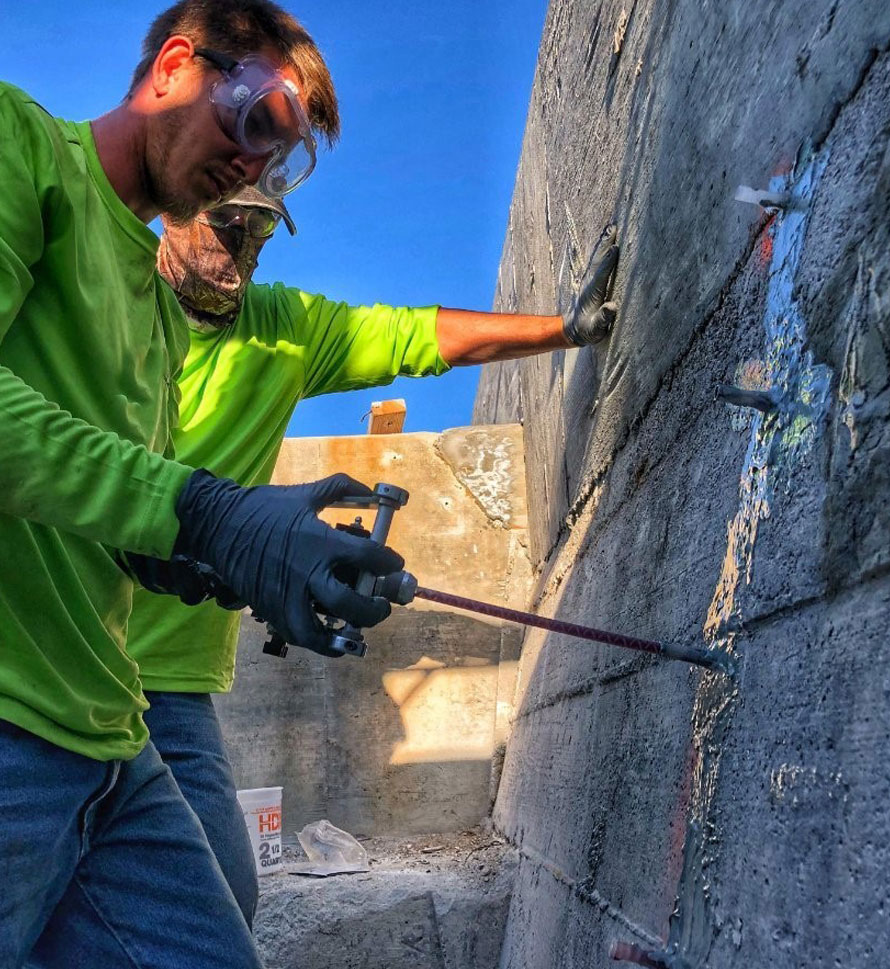
-
Soil Improvement
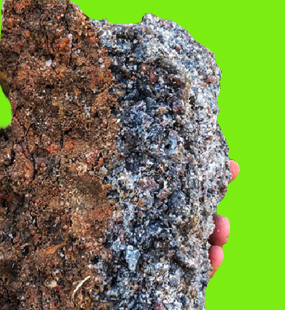
- Soil Stabilization
- Slab Lifting
- Structural Repair / Bonding & Anchoring
- Pumps
- Dispense Guns & Applicators
-
Turnkey Trailer Rig
Are you ready to hit the ground running doing concrete leveling with polyurethane foam? Prime Resins offers the industry’s best suite of products for lifting concrete as a turnkey, fully equipped trailer rig.
Read More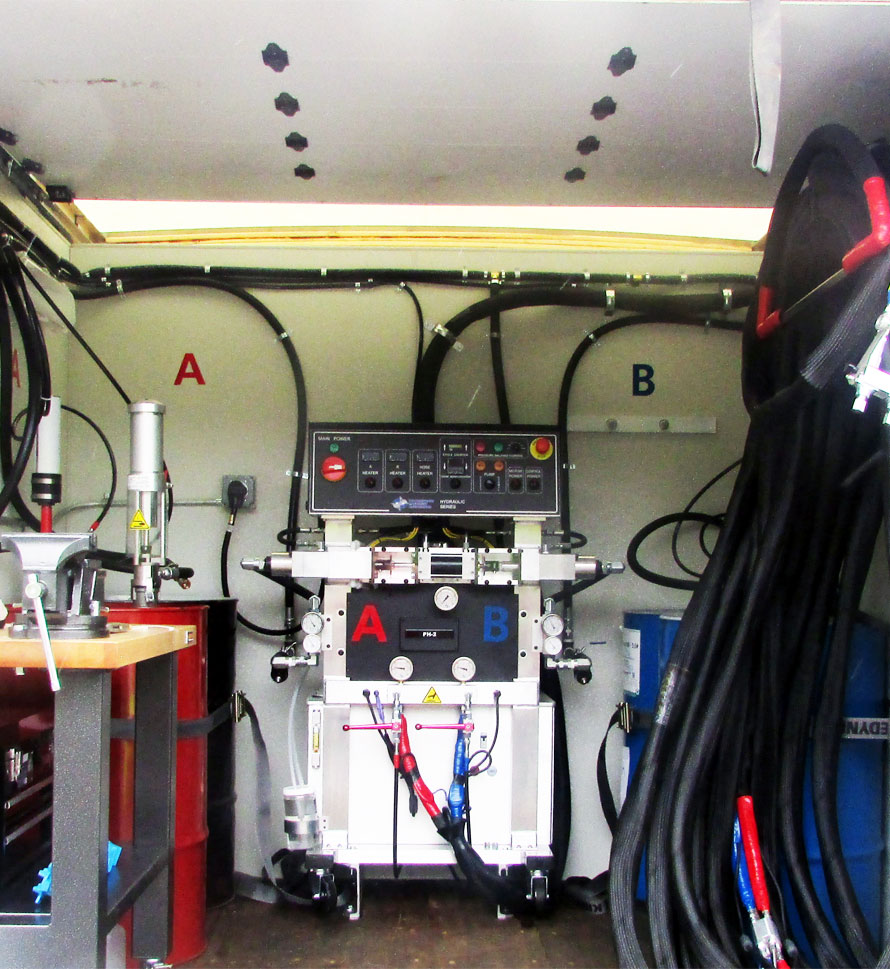
-
Accessories (General)
- 3/4" expendable drive point
- 3/8" and 3/4" soil probes
- Cartridge / Port Connectors and Mixers
- Conduit Seal Kit
- Eco Flush
- F Valve
- Flush Wand
- Grout Needle Kit
- High Pressure Control Valve
- High Pressure Mechanical Ports
- Kick Fast
- Low Pressure Plastic Ports
- PR11 TEA (used w/ PR10 ACLM)
- PR12 APSF catalyst (used w/ PR10 ACLM)
- PR17 LYTX
- Prime Kat
- Prime Plug
- Prime Solvent CGC
- Oakum
- Soil pipe jack
- Stainless Steel Grout Needle & Kit
- StainShield
- Wall Stinger Nozzle
-
Soil Grouting Accessories
- Pipe Coupler
- Pipe Coupler Ferrule
- Buttonhead Coupler - Straight
- Buttonhead Fittings
- SG 3/4" Expendable Drive Tip
- SG 3/4 Rod - 39" Base
- SG 3/4 Rod - 39" Connector
- SG 3/4 Rod - 19.5" Base
- SG 3/4 Rod - 19.5" Connector
- SG 3/4 Fitting - Pipe to Buttonhead
- SG 3/4 Fitting - Buttonhead Fitting
- IL 1/2" Drive Point
- IL 1/2" rod - 39" base
- IL 1/2" rod - 39" connector
- IL 1/2" Fitting Buttonhead
- SG 3/4" Fitting - Buttonhead Coupler
- SG 3/4" Slotted Drive Tip
- SG 3/4 Drive Head
- Modified Pipe Jack Soil Grouting
- SG 3/4 Fitting - Buttonhead Coupler
- Pagani DPM30 Penetrometer
- IL 1/2" Fitting - Buttonhead to Connector Rod
- IL 1/2" Rod to Rod Coupler Fitting
- High Pressure Flow Control Valve
- Buttonhead Coupler - 90°
- Buttonhead Clamp Kit
- DPM30 Penetrometers
- JackJaw Soil Probe Extractor
- Floor & Joint Repair
- Waterproofing & Secondary Containment
-
Leak Repair
- News
- Downloads
-
Tools
-
Case Studies
Prime Resins takes pride in its ability to find the right solutions to the problems facing our customers. Here are some examples of customers’ successful jobs:
Read More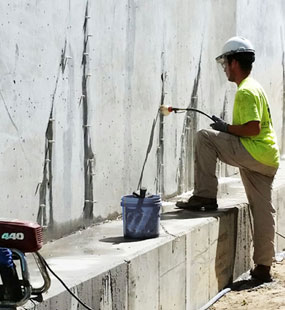
-
Prime Practices
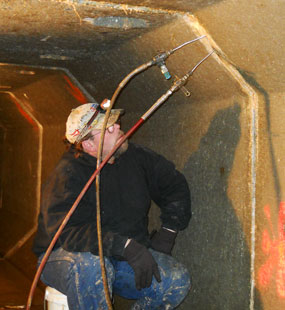
-
Videos

-
Estimating Tools & Info.

-
Why us?
The superior quality of products at a fair price, our consultative approach, and our unparalleled technical support set Prime Resins apart. Learn more about the Prime difference.
Read More
-
Product Types & Typical Uses
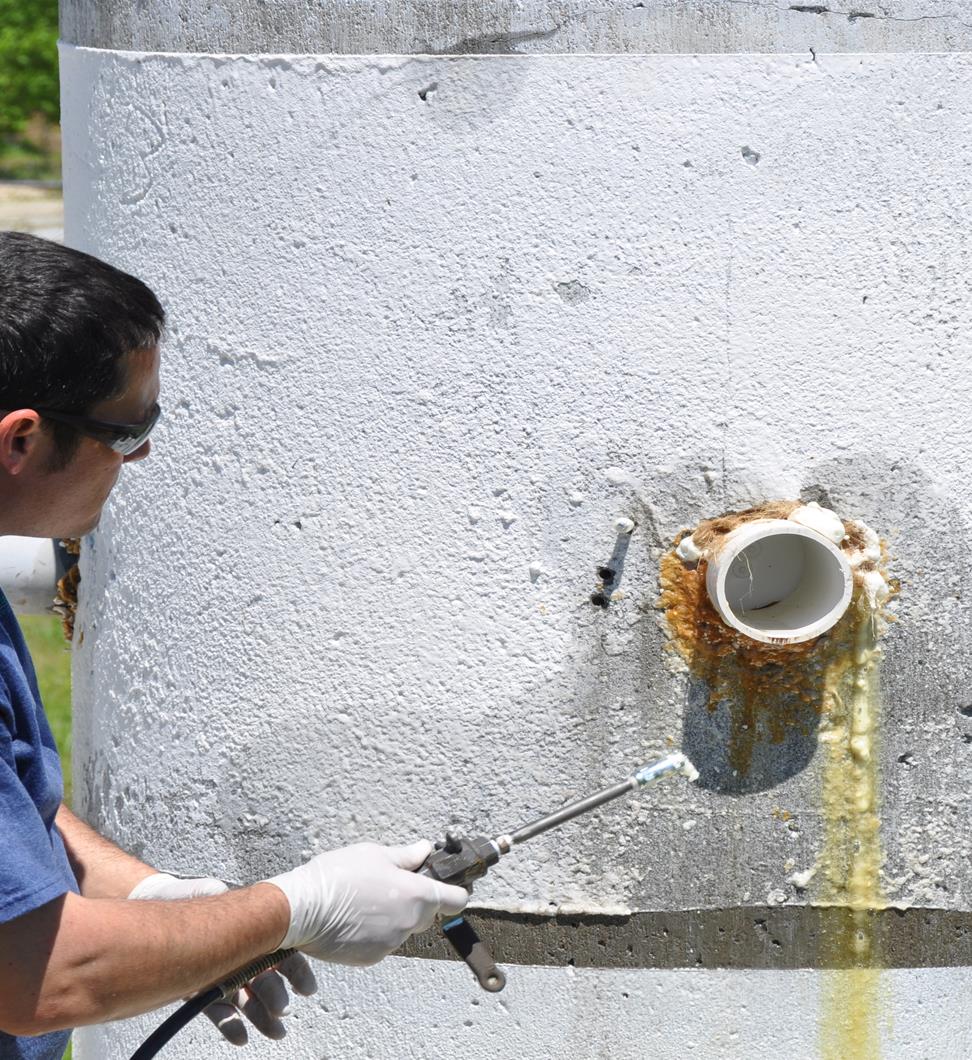
-
Looking for a contractor?
-
Certifications
-
Case Studies
- Contact
Case Studies- Leak Seal Pages
Municipal chemical grout program solves infiltration quickly, permanently
PROBLEM: Ongoing infiltration into the city of Olathe, Kansas, sewer system
SOLUTION: In-house chemical grout program
Like most municipalities, Olathe, Kansas, faces the challenge of water infiltrating its sewer system through cracked pipes and leaking manholes. Treating storm water is an expense no system wants to incur.
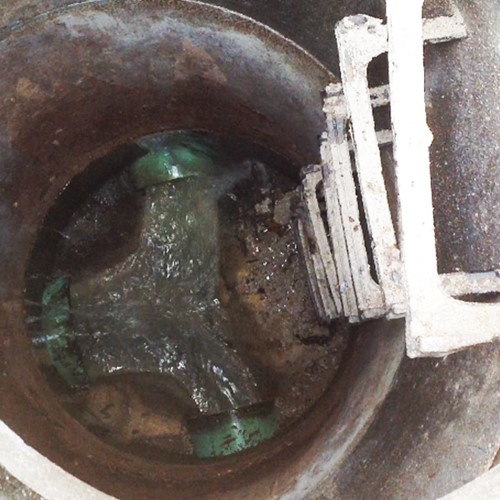
Crews from Olathe Public Works keep leaks in check through an innovative chemical grout program that stands as a model for other municipalities.
For the last several years, Olathe has used a system of attacking leaks with the use of chemical grouts. These products are a permanent solution to stop both seeping and gushing leaks as well as to fill voids caused by water erosion or settlement.
They use a combination of three Prime Resins Prime Flex products: 900 XLV, 920 and Hydro Gel SX for most of this work.
“As a utilities group, we are constantly looking to identify our I&I problems (infiltration and inflow) by CCTV crews, manhole crews, construction crews, anybody involved in our sanitary sewer operation,” says I&I supervisor Ira Speer. “As we come across leaks, we rate them based on severity, create work orders and prioritize them in our asset management system. A follow-up visit is made to determine the method we are going to use, whether it’s entering the manhole or probe grouting.”
To keep the operation organized, the I&I group equipped a cargo trailer with the tools, supplies and grout equipment they might need. This has also enhanced efficiency.
“Everything’s in one location. If a crew calls and they find a leak, it’s just a matter of hitching that trailer, and we take off and have everything we need,” says Speer. “The equipment isn’t overly specialized and is really reliable.”
Safety was a chief consideration when Olathe set up its program, so the safe nature of the products was a factor in their selection. Also, the team opted for a pneumatic drill to drill the holes through which they inject the grout. The air-driven drill was a bigger initial investment than other options, and has paid off in the long run from a safety standpoint. “We haven’t had any injuries. It’s a good, safe practice the way we do it. The safety side of it was a big deal for us, and I’m pretty proud of that,” says Speer.
Making data-based decisions is a priority for Olathe. “Our data collection and condition assessment is a major effort right now. With accurate data we can consider, all things being equal, what our priority should be versus just fixing everything,” notes Speer. The City of Olathe believes that chemical grout is a good business decision. “Using grout isn’t a hard decision. It is very cost effective. It is an easy tool to use and it works.”
The portability of the equipment has added to their success as well. Some manholes are difficult to access, but all they need is an air hose, the drill, their pump, grout and confined space equipment.
“We haven’t found a spot we couldn’t grout yet,” says Speer.
Another bonus is the low impact of the work. Repairs can be made quickly, leaks are sealed in minutes rather than hours, and where traffic is involved, with much less public inconvenience. Typically, repairs can be made without a full street closure.
The grout crew stands ready to help other city departments as well. They helped seal leaks in a concrete dam spillway, prolonging the life of the structure until replacement is scheduled.
In addition, they used another Prime Resins chemical grout in late summer 2014 to fill voids under 12 sections of sidewalk that settled after a big project. To avoid complete replacement, including the new grass, they injected Prime Flex 985 LX20 under the sidewalk to stabilize the soil and prevent runoff from undermining the sidewalks.
Other municipalities could save a lot of money, efficiently and safely, in the long run if they adopted a chemical grout program similar to Olathe’s approach. Their ability to permanently stop manhole leaks quickly, safely, efficiently and cost-effectively saves the city from unnecessarily treating storm water and potentially avoiding more disruptive repairs down the road.




